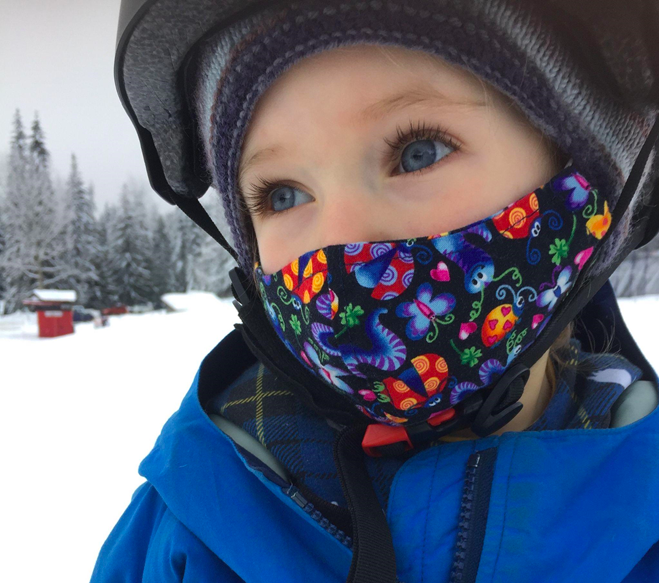Changing the energy conversation one person at a time
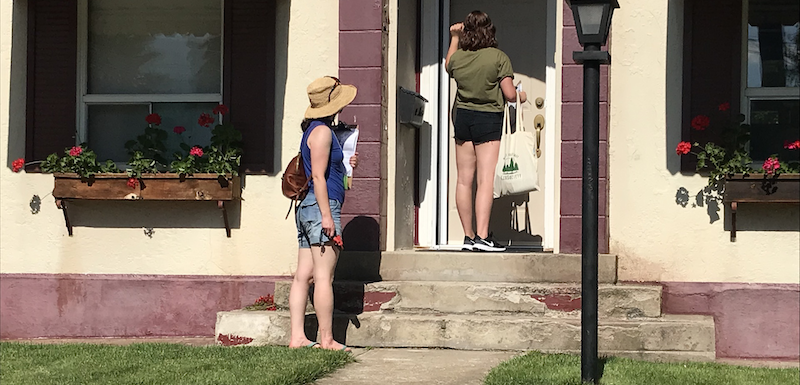
2022 Clean50 Emerging Leader Montana Burgess shares on her motivation, and the process of persuading neighbours to prioritize climate action.
I live in a small rural neighbourhood in the Slocan Valley in southeastern British Columbia. This past summer started with a “heat dome,” where temperatures reached 49C on our back porch every evening. After the heat dome ended, the wildfires began. We had thick smoke that lasted for months. Some days I couldn’t see my neighbour’s house.
I grew up in Kamloops, BC, one of the driest parts of the country, with cactus and rattlesnakes. Throughout my childhood, I remember a handful of days every couple of summers where the wildfire smoke made the sun fluorescent pink, and we watched water bombers scoop up water from the river to put out nearby fires.
There are no longer are only a handful of summer days of smoke in BC’s interior. Instead, every summer has at least a couple of weeks of solid smoke. The drier summers that climate change has created worry me.
Two years ago, on the night before Halloween, I spent the night in the emergency room with my toddler, after being rushed to the hospital in an ambulance. My child had a regular old cold and yet was struggling to breathe. It turns out my child has asthma. This is why I’m terrified of the weeks — and this year, the months — of smoke during our summers; my child can’t breathe in all this smoke.

This is why I think we need more government action to transition to clean and renewable energy and get our carbon pollution down to zero; my 4-year old’s life depends on it.
There are many people across Canada who already agree with me – about 1 in 4 Canadians are alarmed about the impacts of climate change. However, according to a recent report from Climate Access and Climate Narratives Initiative, almost one-half agree climate change is a real problem but aren’t engaged. For governments to have the climate policies that will move communities to 100% renewable energy and no more new carbon pollution, we need the vast majority of Canadians to demonstrate their support for these policies and programs reliably. But how do we do that when so many people are not engaged, are too busy, easily confused, or have internal conflict about more government action on climate change?
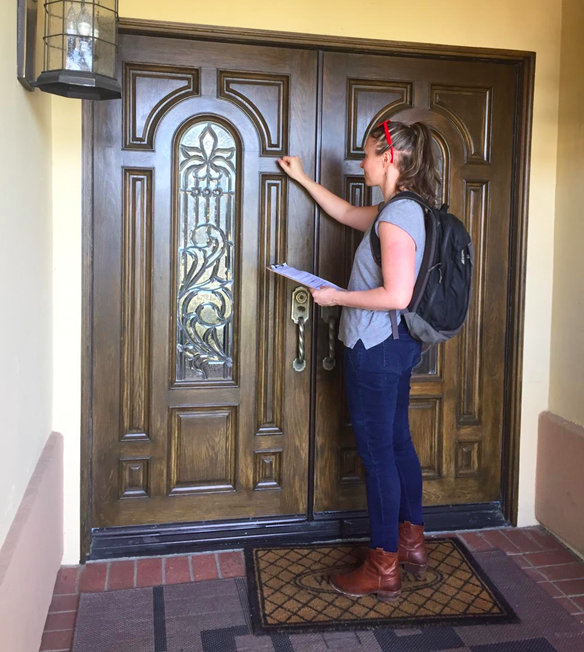
To build a populist climate movement, our project, Neighbours United, is “meeting people where they are at” to listen and find common ground. By being authentic and practicing compassionate curiosity, we non-judgmentally listen to why people feel the way they do about government action on climate change. This allows us to understand what is holding them back from being fully supportive. We also share personal stories that showcase what each of us has at stake in the climate crisis, and we ask other people to share why it matters to them. Through these person-to-person 10-20 minute conversations at the person’s door or on their phone, we allow them to reflect on why they feel the way they do and resolve their internal conflict. This process is called deep canvassing. According to academic studies, it’s the most effective form of engagement to make a lasting shift in a person’s behaviours and attitudes. We’ve found that more than 1 in 3 people can resolve their internal dissonance and find the compassion to support more government action on climate change towards the 100% renewable energy transition.
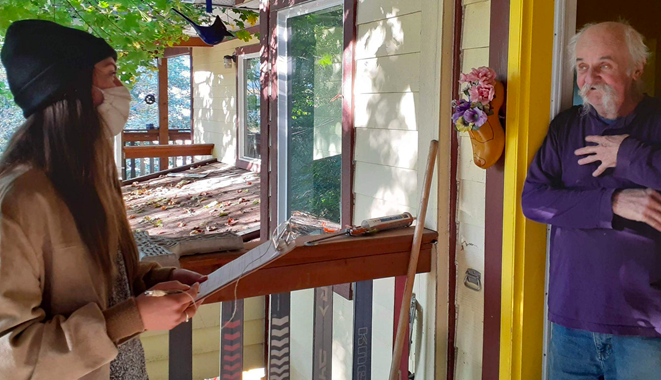
Deep canvassing was developed out of social movements in the United States over a decade ago. It was a crucial part of campaigns to ensure basic human rights applied to marginalized people. Until now, it has not been applied to the climate crisis. We’re proud to be Canada’s first group to use the deep engagement canvassing method on any issue and the first group anywhere to run a complete deep canvassing program on climate and energy issues.
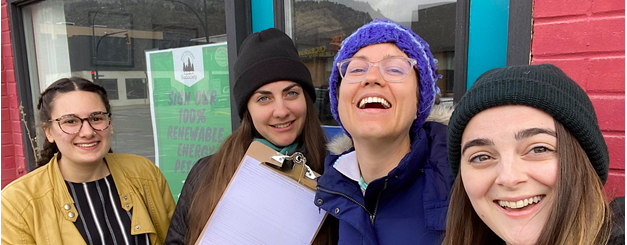
In Canada, many of the people who are most alarmed about climate change live in urban areas, and rural, small towns, and suburban Canadians are often left out of the conversation. We are changing the climate and energy conversation by deeply engaging with Canadians in rural communities. And we’re finding they want to talk about what climate change means for them, their neighbours and how the heck we can figure out a way forward together.
The problem is overwhelming, confusing and complex. For many Canadians, it’s the first time they’ve had a conversation about climate and clean energy, and we are grateful they are willing to share their views and feelings with us. This simple act of intentionally listening and being curious about someone’s feelings, which is different from you, can make all the difference. That is how we are helping more than 1 in 3 rural Canadians resolve their internal conflict on climate change and be more supportive of the clean energy transition.
There is so much propaganda put out by the big international oil companies and their CEOs; we are inundated with marketing and advertising. There’s no way anyone has the kind of money to compete with oil lobbyists. But we can do what they cannot. We can be authentic, honest, attentive, and meet people where they are at to find our common ground.
It’s going to take a lot of people volunteering across the country in rural, small, and suburban towns to have these conversations methodically with their neighbours. I’m confident with the Neighbours United project we can guide and support local people across rural, small-town and suburban Canada to make this meaningful and lasting difference in their hometowns to make sure everyone, including my toddler, can have the clean air to breathe that we need to stay alive.
